Gift giving in Japan is a part of the culture that is much fretted over and largely misunderstood. For westerners, the fear of getting it wrong is a very real and pressing concern, but are we reading too much into it, asks Roddy Charles?
Cubic Water Melons
Walking into someone’s house with your great, big, muddy clodhoppers still on; Doing a ‘bomb’ into an onsen without having the decency to clean yourself first or worse, whilst still covered in suds; Handing over a business card with only one hand; Not recognizing Kimura Takuya as a minor deity.
There are many ways that us bumbling foreigners can draw the ire of our hosts with our lack of social etiquette, but seemingly one of the things we worry about most, is the art of gift giving.
Just type ‘Japanese gift giving’ or something similar into google and you will be bombarded with a myriad of sites offering to train you up from a mere buyer of omiyage, to the heights of position appropriate gift giving guru, with the ability to gift presents to people corresponding to their status in the workplace or even society.
The intricacies of gift giving in different countries around the world are well documented and at times highly amusing. One of my favorites is an intriguing tip from Taiwan where you are advised at all costs to avoid any gift bearing the mark ‘Made in Taiwan’. Make of that what you will, but when it comes to intricacies, real, full blown, intriguing gift giving intricacies, the Japanese are in a field of their own.
A Variety of Cooking Oils
When my son was born in August, we received a bewildering amount of gifts, some from people I had never met or even heard of. Each item was recorded with care and allotted an approximate value. The reasons behind this seemingly crude social practice were soon revealed. A present of approximately half the value of the one received was to be sent back to the sender as a mark of our thanks. I was rather puzzled as to the purpose of this game of pass the parcel and my attempts to join in were shot down in flames. An aunt had sent us a pair of blue, baby’s shoes and I suggested it would be easiest if we simply sent one of them back. Clearly, it was remarked, I didn’t get it.
There are rules and then there are rules, and some of the rules don’t apply to some of the people.
It is a well known fact that wrapping paper is of great importance to the Japanese. They hold it in esteem on a par with Shigeo Nagashima and big grapes.
There are two main rules governing wrapping paper other than that it should be of the highest quality. Firstly, wrapping paper should not be white because white is the color of death. Secondly, tearing up the wrapping paper in a frenzied bid to get to the contents a few seconds earlier -as per an eight year old on Christmas morning- is highly frowned upon.
Wrapping paper should be treated as part of the gift and lightly removed piece by piece until it can be safely folded up, waiting to be rewrapped after the gift has been viewed.
That said, when I receive gifts, no matter how hard I try, I am always met with encouragement to get it open instantly and rip the paper to shreds. If then, as it seems, I am to be an exception to this rule, how much stock should one put in following the others…
On moving into a new apartment I always make sure to take some ‘tsumaranai mono’ (boring things, and I mean, really boring. I usually go with a white face towel. Devaluing your own gifts is very polite) round to the neighbors situated above, below and to the left and right of my apartment. I have received such gifts myself on the odd occasion, but I have also been aware of new neighbors moving in who didn’t bother. Here we are back to the old- it’s not so much a rule as a guideline scenario.
Still, the whole process of devaluing gifts to the receiver is one which should be thoroughly enjoyed. ‘You may as well chuck this straight in the garbage’, ‘This is utterly worthless, please accept it’ and ‘We’ve been trying to get rid of this for years, so glad you moved in’ are just some of the handy phrases you can employ on such occasions whilst maintaining a high standard of social etiquette. Nothing to fret about here.
A Veritable Mountain of Mikan
In summer and winter months a trip to the local supermarket or department store means buying chugen or seibo gifts. The people with whom I regularly exchange these gifts -fat cash cows for the beer, oil, fruit juice and coffee industries that they are- are without fail, people who sent me them first. Getting into one of these relationships is a lot more costly than a Christmas card obligation situation. One such family who shall remain nameless are clearly unaware of the old phrase ‘give which you wish to receive’. Every year we send them a case of beer and without fail, they send us a selection pack of washing up detergent. I can just see the old man now, sipping happily on his Yebisu and praising the merits of good gift giving etiquette, while I reach for the rubber gloves. Either that or he is standing frustrated in front of a sink full of dirty dishes.
Story by Roddy Charles
From J SELECT Magazine, December 2010
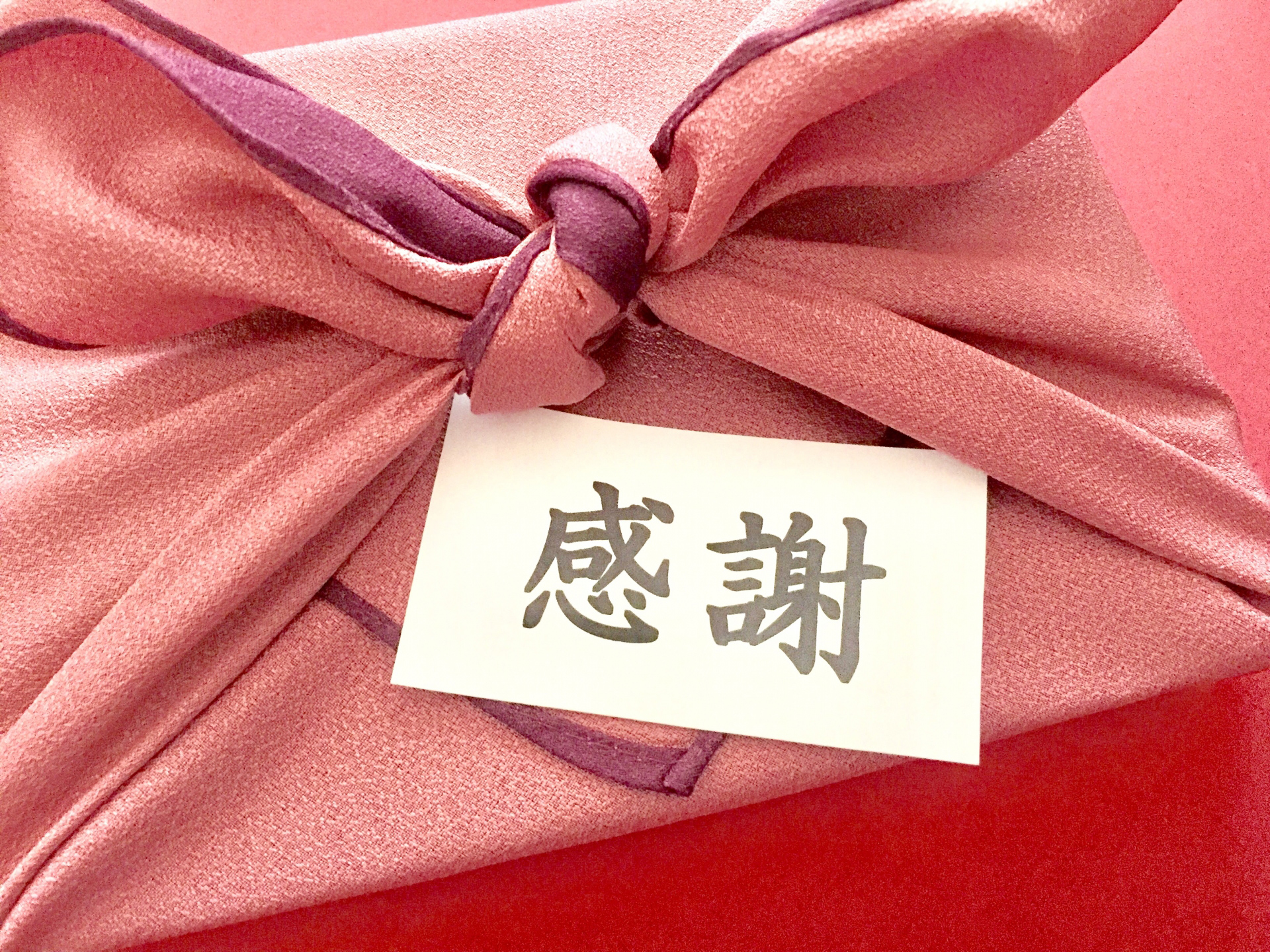

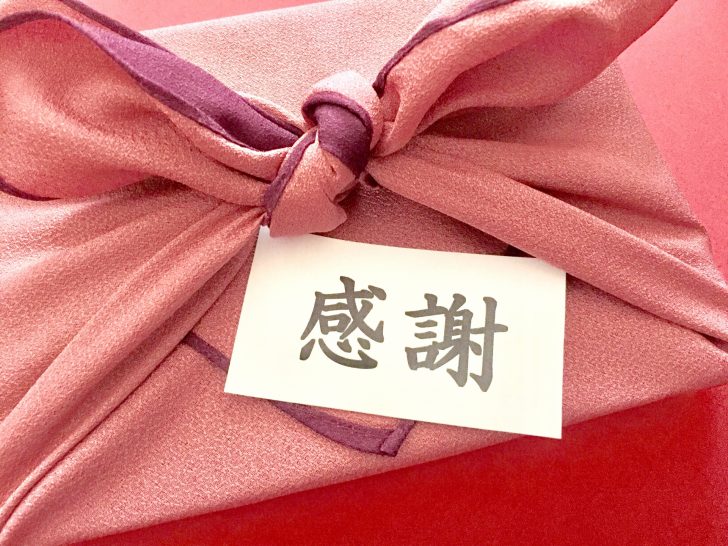



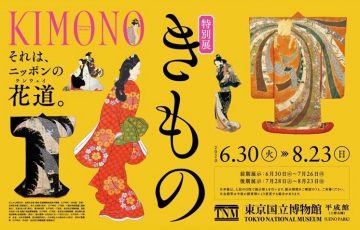
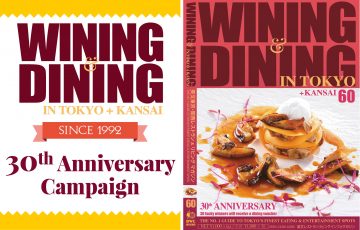


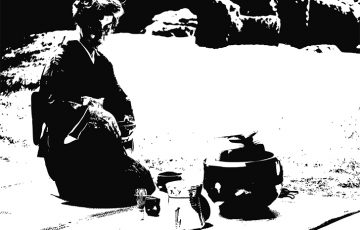

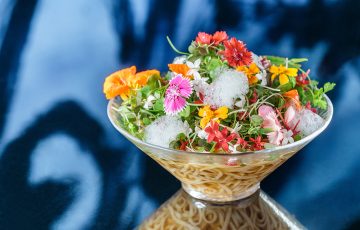



Recent Comments